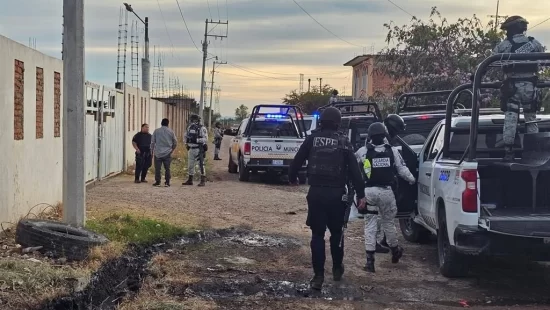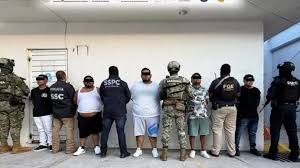The video is circulating online. Representative Suecy Callejas, first vice president of the Legislative Assembly of El Salvador, was speaking before the plenary session during the debate in which indefinite reelection was approved on July 31. “There is an official statement from our party. The representatives of the Nueva Ideas legislative bloc have reformed the Constitution today—we haven’t voted on it yet—but that is precisely what is under discussion.”
President Nayib Bukele’s party was ready to celebrate before finishing the task. They had no reason to doubt it: they control 57 of the 60 seats in the Assembly.
Marcela Villatoro, a representative for the Nationalist Republican Alliance (Arena), once a powerful right-wing party in El Salvador, was one of just three votes against the constitutional reform that allows for indefinite presidential reelection. “What’s happening in El Salvador is what’s happening in several countries in the region, especially in our sister country of Nicaragua, and the same thing in Venezuela. They’re using the same dictatorship manual as in Latin America,” Villatoro told CNN.
This statement seems to displease President Nayib Bukele, a frequent user of the social media platform X who in 2021 described himself as “the coolest dictator in the world.” On August 6, he responded to a State Department official’s statement supporting indefinite presidential reelection in El Salvador—something that doesn’t exist in the United States, where presidents are limited to two terms—and emphasizes that El Salvador’s Legislative Assembly was “democratically elected.”
Washington’s support is crucial for Bukele. “Donald Trump’s arrival at the White House for a second term seems to have ‘stepped on the gas’ on the authoritarian consolidation of power,” says Carolina Jiménez, president of WOLA, the Washington Office on Latin America, a human rights NGO. “On the one hand, cooperation mechanisms have been strengthened in migration matters that violate minimum human rights standards, such as the transfer of 252 Venezuelan migrants to the Cecot (Cecot), an incident that could have been classified as a possible case of mass enforced disappearance under international human rights law,” notes Jiménez.








